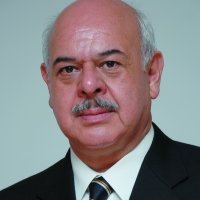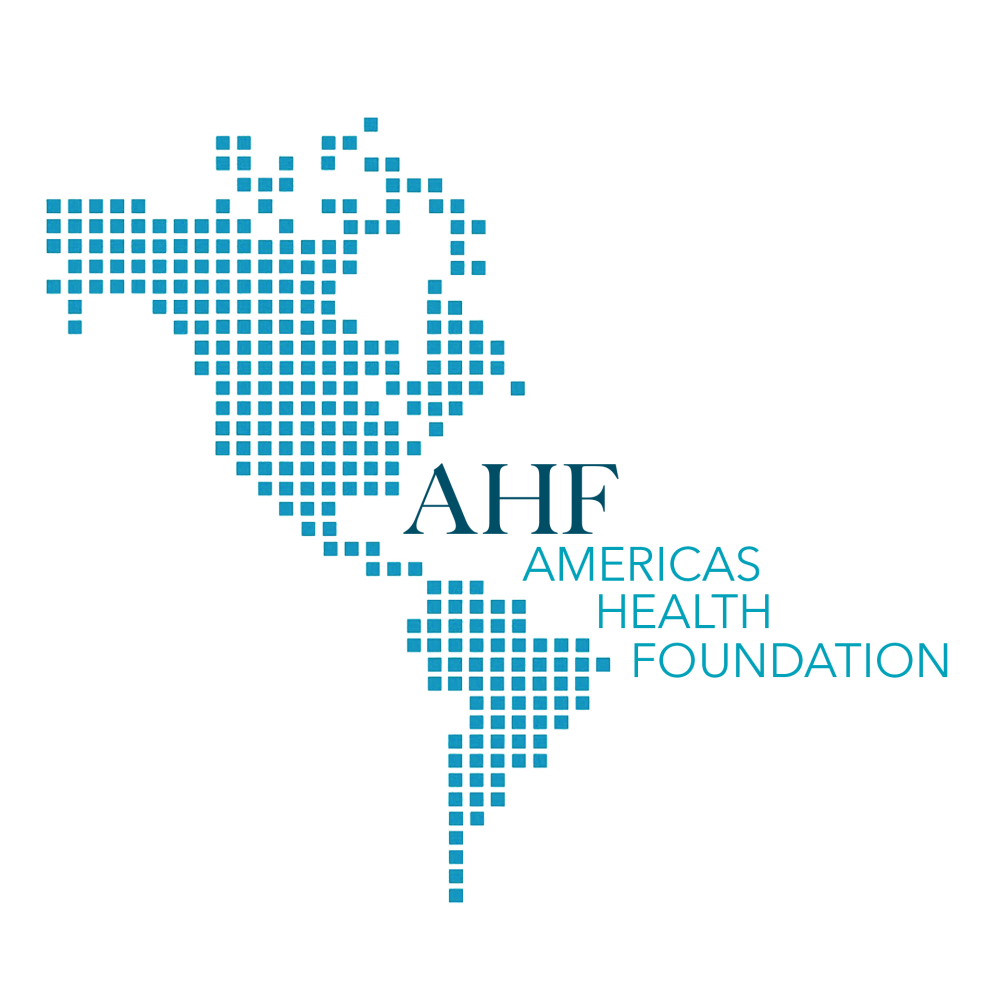Vaccinating the Americas –Lessons from Varicella Vaccination
As the population of Latin America and the Caribbean grows, so do the region's healthcare needs. Although access has expanded greatly in past decades, recent events such as the COVID-19 pandemic have highlighted and exacerbated existing problems in health systems throughout the region. For example, some countries across the hemisphere have seen declines of as much as 20% in non-COVID-19 vaccine delivery.
Varicella, or Chickenpox, is one of the many infectious diseases that have seen drops in vaccination coverage. What have been the effects of this drop in coverage on healthcare systems? What can the case of varicella vaccination tell us about healthcare challenges more broadly?
On Thursday, February 2, the Wilson Center and the Americas Health Foundation convened a panel of experts to discuss challenges and benefits of regular and widespread vaccination. With a focus on varicella, the conversation will address how governments can strengthen their public health systems to more inclusively, efficiently, and productively provide preventative care, including through vaccination.
This event was made possible by support from MSD.
Speakers




Hosted By

Mexico Institute
The Mexico Institute seeks to improve understanding, communication, and cooperation between Mexico and the United States by promoting original research, encouraging public discussion, and proposing policy options for enhancing the bilateral relationship. A binational Advisory Board, chaired by Luis Téllez and Earl Anthony Wayne, oversees the work of the Mexico Institute. Read more


Latin America Program
The Wilson Center’s prestigious Latin America Program provides non-partisan expertise to a broad community of decision makers in the United States and Latin America on critical policy issues facing the Hemisphere. The Program provides insightful and actionable research for policymakers, private sector leaders, journalists, and public intellectuals in the United States and Latin America. To bridge the gap between scholarship and policy action, it fosters new inquiry, sponsors high-level public and private meetings among multiple stakeholders, and explores policy options to improve outcomes for citizens throughout the Americas. Drawing on the Wilson Center’s strength as the nation’s key non-partisan policy forum, the Program serves as a trusted source of analysis and a vital point of contact between the worlds of scholarship and action. Read more


Environmental Change and Security Program
The Environmental Change and Security Program (ECSP) explores the connections between environmental change, health, and population dynamics and their links to conflict, human insecurity, and foreign policy. Read more


Maternal Health Initiative
Housed within the Wilson Center's Environmental Change and Security Program, the Maternal Health Initiative (MHI) leads the Wilson Center’s work on maternal health, global health equity, and gender equality. Read more


